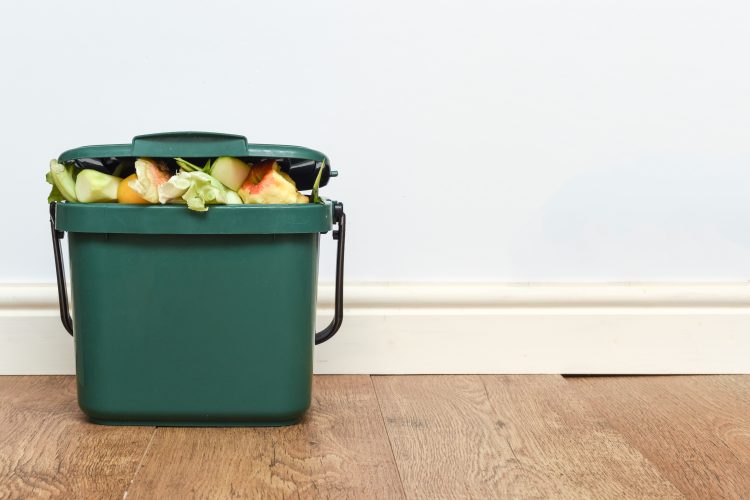The Government has committed to providing £295 million to local authorities in England to help carry out weekly food waste collections.

The UK government has announced it will support local authorities in England with “up to £295 million” of funding to introduce weekly food waste collections by March 31, 2026.
According to the government, the funds will be used to fund new household food waste bins and dedicated collection vehicles and will be “targeted at local authorities that have not yet fully established the food waste service”.
Overall, according to the UN Environment Programme, a third of all food in the world is wasted, but in the UK over ten million tonnes of food is wasted every year, with some ending up in landfill.
“Separate collection of food waste from each household prevents contamination of other waste that could usefully be recycled and also ensures that food waste can be sent to anaerobic digestion plants rather than ending up unnecessarily in landfill,” the UK government said.
In addition, the UK government stated that by sending food waste to these facilities, a greater amount of sustainable energy could be generated, which could be used to power homes and businesses, and “the associated greenhouse gas emissions of more than 18 million tons can be reduced with this waste.
“Weekly food waste collection is a key component in creating a simpler and easier recycling system for everyone. It will help divert food waste from landfill and supports our goals in tackling waste and climate change,” said Robbie Moore, UK Recycling Minister.
“We are supporting communities with new funding to ensure the country can benefit and recycle more,” Moore continued.
Claire Shrewsbury, Director of Insights and Innovations WRAP, also commented on the funding for weekly food waste collection: “Weekly food waste collection will provide a major boost to recycling in England and help reduce the impact of food waste on climate change.” Our research shows that when food waste collection is introduced, people want to do something about it and they see how much food is being wasted in their home.
Don't waste, don't want: rethinking food waste
“And with food waste costing a household of four around £1,000 per year, the weekly collection will not only help prevent food waste in the first place, but also use the food waste collected to produce green energy and compost.”
The funding is being provided as part of the government's Simpler Recycling initiative, and they claim it will allow people across England to recycle consistent materials, eliminating “the confusing patchwork of rules that govern what can and cannot be recycled in different parts of the country.” not “is terminated”.






